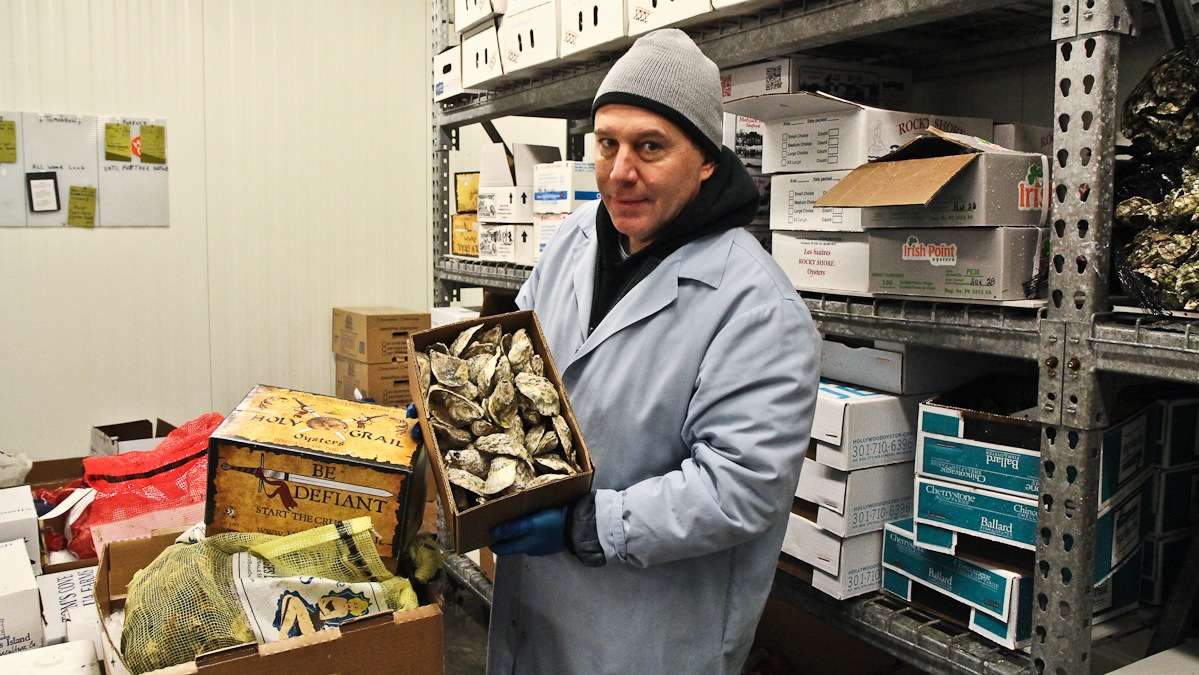Marine veteran Bradley Stone had disabling PTSD
The gunman authorities say killed his ex-wife and five of her family members in Montgomery County this week had been diagnosed with disabling PTSD, according to the Department of Veterans Affairs.
Bradley Stone, who took his own life Tuesday, was deployed in Iraq for three months with the Marine Reserves and, according to the VA, had been receiving full benefits for service-related PTSD since October of 2010. The retired Marine was classified as having 100 percent disability and had been receiving medical care at various area VA medical centers, including those in Coatesville, Norristown, and Philadelphia.
Just a week prior to the mass killings, the VA said Stone met with his psychiatrist. But the doctor did not observe any signs of impending homicide or suicide.
It’s not clear whether Stone’s PTSD contributed in any way to the deadly rampage early Monday. But several studies suggest veterans with PTSD are at increased risk for committing acts of violence, especially if they abuse alcohol or other substances. Court records show that Stone racked up three DUI arrests between 2001 and April 2013. Required to undergo a drug and alcohol assessment, he was referred to Veterans Court.
Every time an event like this occurs, Haverford College sociologist Tyson Smith said it can feed into the stereotype of veterans as dangerous, ticking time bombs. In reality, Smith said, few commit acts of violence, and the majority walk away from combat without psychic scars.
“By and large, folks are doing OK who return,” said Smith.
PTSD is nevertheless a big problem for the armed forces, with 11 to 20 percent of Iraq and Afghanistan veterans diagnosed with the disorder. Symptoms include flashbacks of the traumatic event, efforts to avoid similar situations, and insomnia, difficulty concentrating, and irritability.
Emma Steiner, a clinical social worker and therapist at Council for Relationships in Philadelphia, said the VA endorses a type of therapy known as prolonged exposure, among others, to help PTSD patients. In the treatment, a therapist works with a veteran to confront his or her trauma.
“It’s about not avoiding those memories and experiences,” she said. “It’s about re-experiencing them in a safe environment and creating coping skills for managing it.”
Other treatments include different types of therapy and medications, usually antidepressants. For many, these prove effective. But there’s ample room for improvement.
“There’s been these tremendous advances in military medicine,” said Smith. “Yet this mental health and PTSD challenge is still there and the strides have been far slower.”
For many service members, much of the struggle is simply acknowledging the problem.
“For a long time in the military, there’s been a lot of stigma around letting people know that there’s an emotional problem going on,” said Steiner.
In recognition that some vets may be reluctant to seek services, Steiner noted that the VA began a new telephone service this fall that advises worried family members on how to get their loved one help.
WHYY is your source for fact-based, in-depth journalism and information. As a nonprofit organization, we rely on financial support from readers like you. Please give today.
















